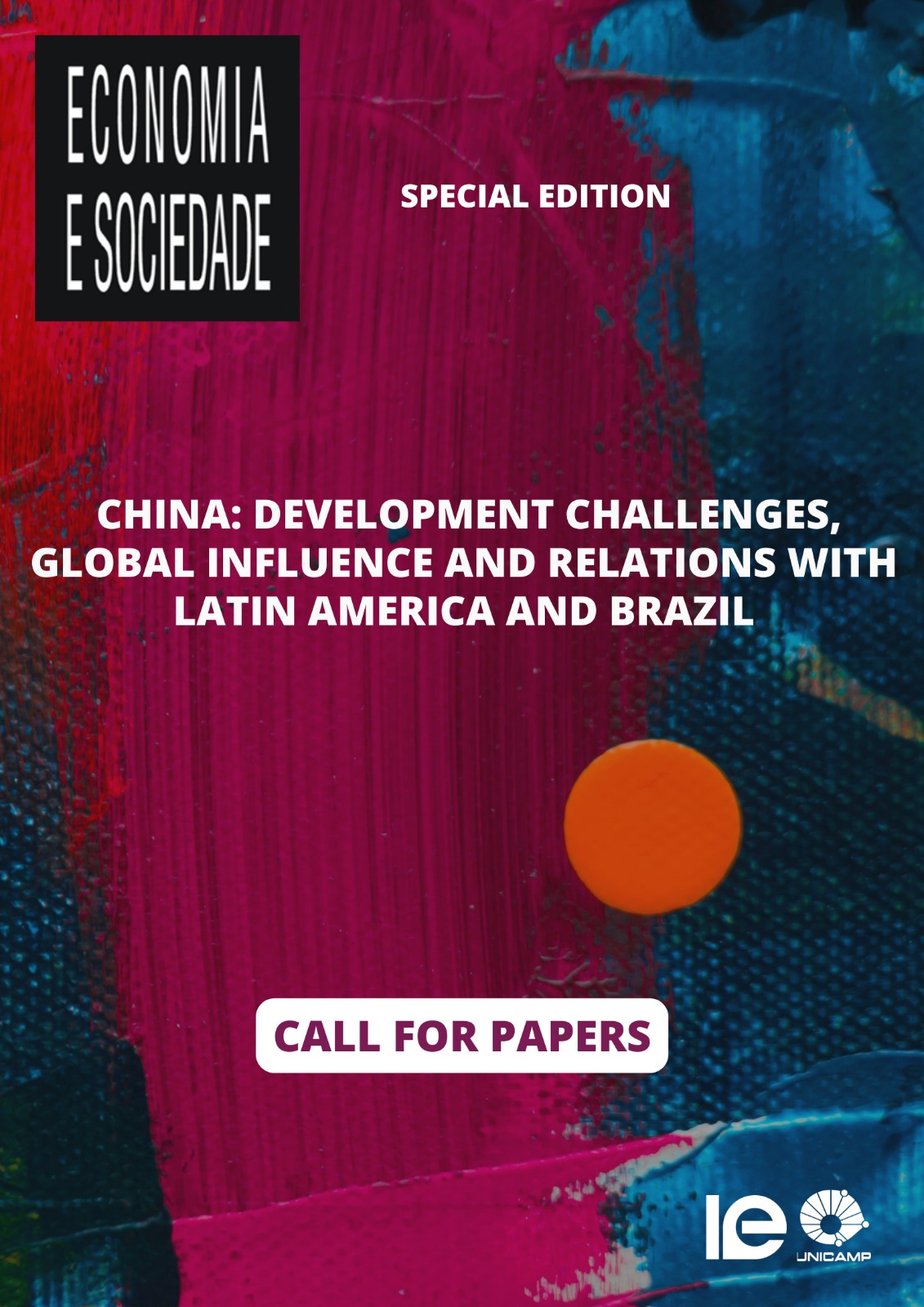
NEWS
Since 1974, when the Brazilian embassies were opened in Beijing and the Chinese embassies in Brasília, China has undergone profound transformations, moving from an agricultural and rural economy to a leading country in industrial production and export. In addition to becoming an industrial power and after a rapid process of learning and incorporating foreign technologies, China has also been seeking to become a leading country in Science, Technology and Innovation. From the social point of view, the changes were also significant, with an unparalleled urbanization process in history and the removal of 700 million people from poverty, but accompanied by increased income inequality and access to public services. The huge effort for structural change has made the country the largest global emitter of greenhouse gases, but also one of the countries that has invested the most in new sources of renewable energy. Finally, from the international point of view, China has shown its intention to increase its global projection and influence, with several initiatives both to increase its voice in multilateral organizations and to create alternative mechanisms to existing institutions. By consolidating itself as a major global player, from different perspectives (social, economic, geopolitical, financial, environmental, technological, scientific and cultural, just to name the most important ones), its influence in the contemporary world is growing. with several initiatives both to increase its voice in multilateral organizations and to create alternative mechanisms to existing institutions. By consolidating itself as a major global player, from different perspectives (social, economic, geopolitical, financial, environmental, technological, scientific and cultural, just to name the most important ones), its influence in the contemporary world is growing. with several initiatives both to increase its voice in multilateral organizations and to create alternative mechanisms to existing institutions. By consolidating itself as a major global player, from different perspectives (social, economic, geopolitical, financial, environmental, technological, scientific and cultural, just to name the most important ones), its influence in the contemporary world is growing.
If the process and direction of Chinese development and its growing global influence already constitute phenomena that must be studied in depth, in the case of Brazil, this need is even greater. Bilateral economic relations have grown significantly, with China becoming Brazil's largest trading partner in 2009. These relations have been diversifying and gaining complexity, encompassing other dimensions such as investments and financing. At the same time, it has posed important challenges expressed in themes related to deindustrialization, the reprimarization of exports and the social and environmental impacts of investments by Chinese companies in Brazil.
This special issue of the Revista Economia e Sociedade intends to receive articles that address and deepen these and other issues related to economic and social development in China, its global influence and relations with Brazil and Latin America.
Articles must be submitted by January 7, 2024. It should be noted that submission does not imply a commitment to publish the manuscript. After evaluation by the Editorial Board and anonymous peer review process (blind review), the selected articles will be edited and published in 2024. In addition to the originality of the submitted works, respect for the recommendations and general formatting rules already in force for the flow is required. journal submissions. Doubts can be clarified through the magazine's contact channels.
Editors: Carolina Troncoso Baltar, Alex Wilhans Antonio Palludeto, Alexandre Gori Maia, Bruno Martarello De Conti, Fabio Antonio de Campos, Rosângela Ballini.
Guest editors: Célio Hiratuka, Ana Rosa Ribeiro de Mendonça, Antonio Carlos Diegues and Roberto Alexandre Zanchetta Borghi.
Link to submission: https://submission.scielo.br/index.php/ecos/submission/wizard?sectionId=2013